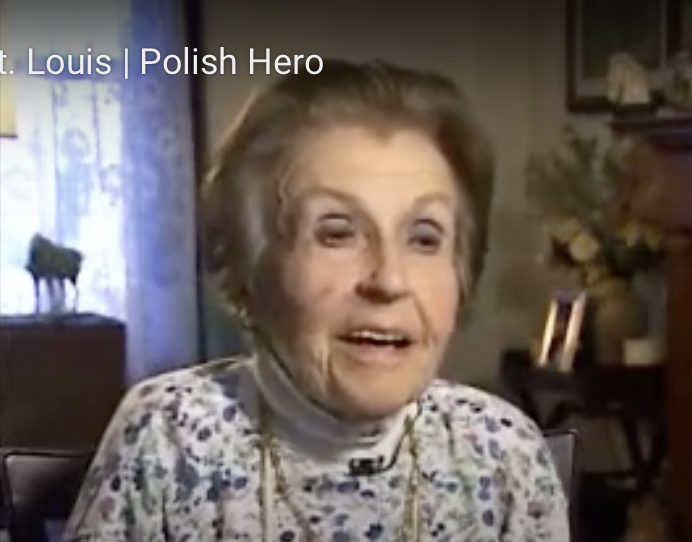Questioning the “Political Spectrum”: To What Extent Are Political Parties Social Clubs?
According to this article by Hyrum Lewis ("Our Big Fight Over Nothing: The Political Spectrum Does Not Exist"), the political "spectrum" is primarily tribal. Lewis states that many of the respective policy positions in the platforms of each of the two main political parties are not glued together by overarching consistently applied principles. These conclusions of Lewis run counter to the writings of George Lakoff, who (in his book, Moral Politics) argues that Republican positions derive from the metaphor of a "stern father," whereas the Democrat positions derive from the metaphor of the "nurturant parent." To the extent that Lewis is correct and that Lakoff has overstated his case, this is an inconvenient fact for those of us who claim that our political stances are completely principled, not adopted as the result of social pressure. Here are a few excerpts from Lewis' article:
In the essentialist theory, ideologies are unchanging, transcendent principles, while parties are evolving social organizations that can be “captured” by the ideologies. In the social theory, by contrast, ideologies don’t capture parties; parties capture ideologies—that is, they redefine them. Once again, research supports the latter: what is considered “right-wing” or “left-wing” is simply whatever the Republican and Democratic Parties happen to stand for at a given moment. Left-right ideologies are tools of self-delusion—they let us indulge the fantasy that our partisanship is principled rather than tribal, i.e., that there is some noble ideal connecting all the distinct and unrelated issues that our party happens to support. But essentialist predictions do not hold up to reality. . .An alternative to this essentialist theory is the “social theory” of ideology, which says that distinct political positions correlate because they are bound by a unifying tribe. If the right-wing team is currently in favor of tax cuts and opposed to abortion, then those who identify with that team will adopt those positions as a matter of social conformity, not because both are expressions of some underlying principle.
... Public opinion polls further reinforce the point, showing that left-right ideologues often switch their beliefs to conform to the tribe. In the past decade alone we’ve seen self-described conservatives go from being anti-Russia to more pro-Russia, strongly pro-trade to strongly anti-trade, believing that personal character matters a great deal in politicians to believing that it matters hardly at all, staunchly interventionist in foreign policy to staunchly isolationist. Where is the “essence” behind all of this variation? It doesn’t exist. The views associated with left and right are constantly shifting for social reasons that have nothing to do with essential principles.




